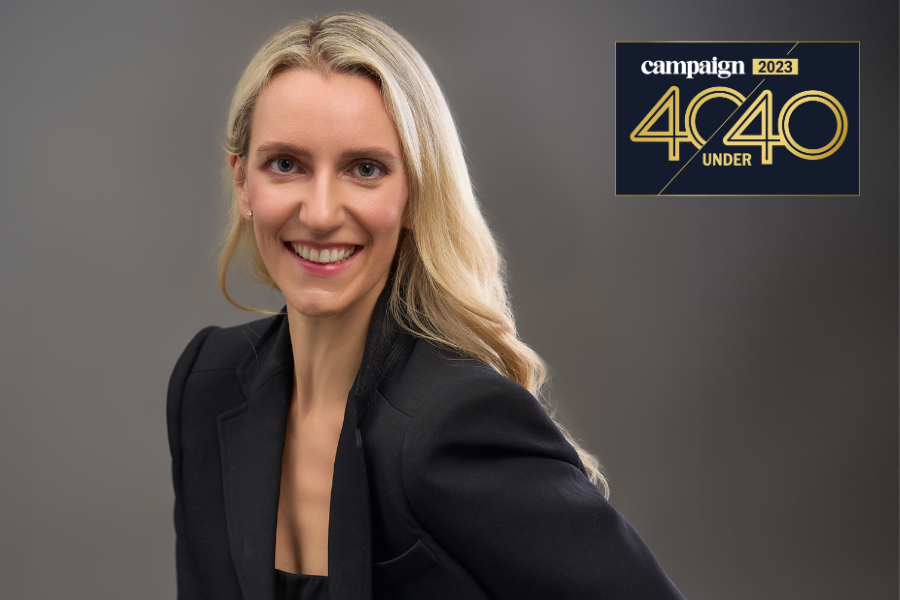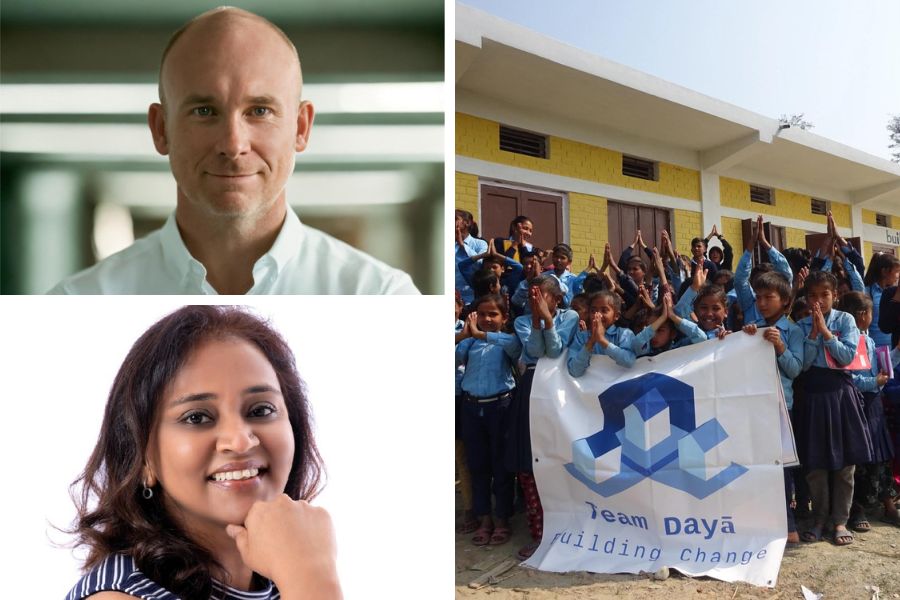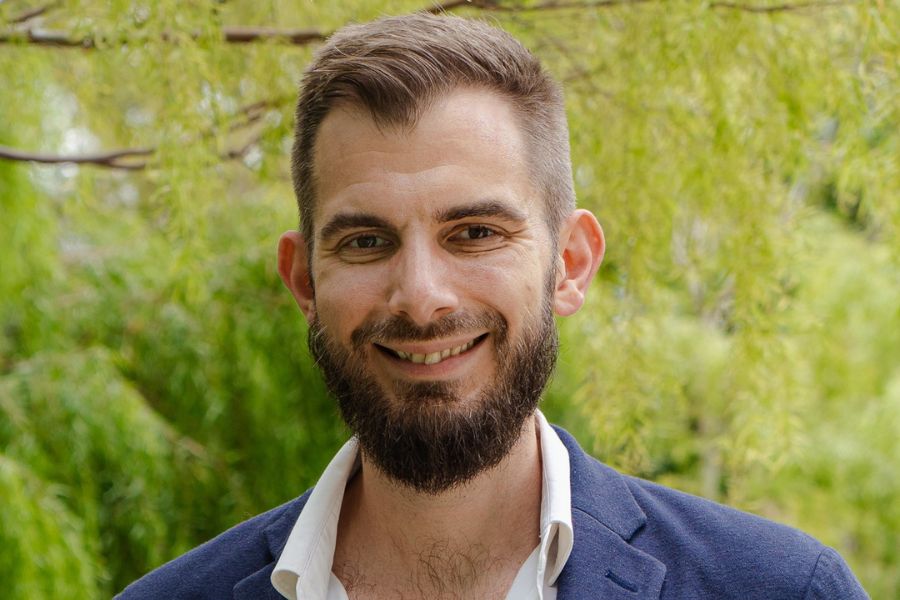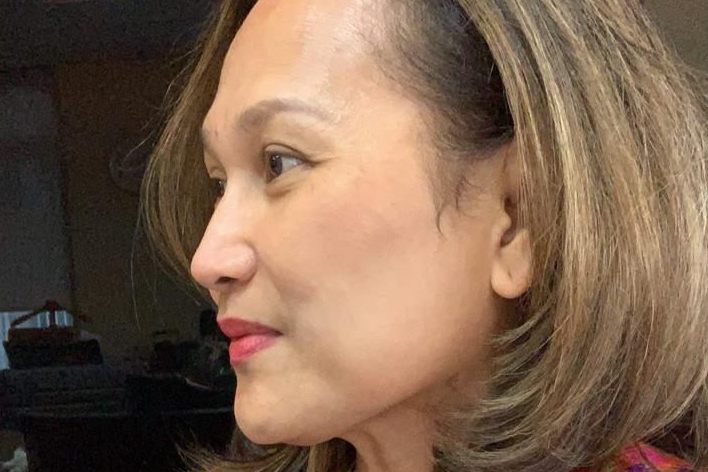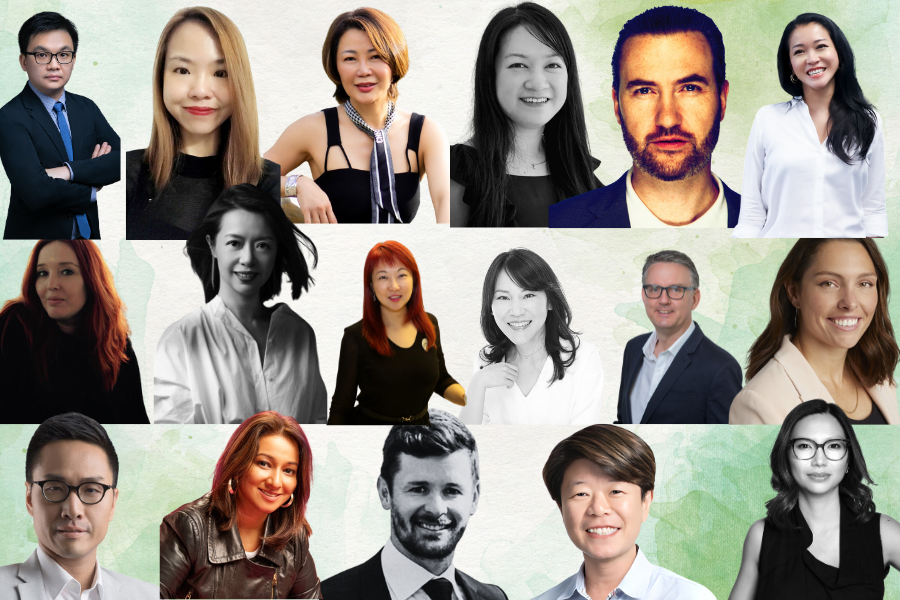Ahead of World Health Day (April 7), a YouGov study spanning 17 global markets highlights an important trend: consumers in the Asia-Pacific region are increasingly turning to influencers for health and wellness guidance. Despite the availability of credible medical information and easy access to the internet, social media influencers are readily gaining substantial trust.
In fact, specifically, in Hong Kong, Indonesia, and Singapore:
- 38% of consumers in Hong Kong
- 36% in Indonesia
- 21% in Singapore
express confidence in at least some health advice provided by social media influencers. This surpasses the international average, where only 16% of consumers find such information trustworthy.
Consumers in Hong Kong and Indonesia are also significantly more likely than global consumers to look to their friends or family and pharmaceutical companies for health and wellness advice.
On the flipside, only 59% of Hong Kong consumers in say they think medical practitioners are a reliable source of health information, noticeably lower than the 65% average internationally.
In contrast, Australians demonstrate a significantly higher level of trust in medical practitioners (75%) and gym trainers (30%)—reflecting a different regional dynamic.
In Singapore, the younger demographic, particularly Gen Z has a greater reliance on gym or personal trainers (44%) for health guidance compared to older generations, suggesting a generational shift in preferred sources of information.
Age-based patterns further underscore the varying levels of trust in different sources, with millennials showing a greater inclination to trust gym trainers and social media influencers than older generations. This generational divide and demographic understanding are important for brands to consider when working on their health communication strategies.
A similar pattern is observed in Indonesia, where trust in health information sources varies between generations. While most Indonesians across generations regard medical practitioners as a reliable source of health information, three-quarters of Gen X think so (76%)—a significantly higher proportion than millennials (63%) and Gen Z (61%).
Gen X is also significantly more likely to trust health information provided by friends and family—over half (52%) indicate so, compared to 42% of millennials and 32% of Gen Z.
Again, the divergence emphasises the need for tailored approaches to health communication based on demographic profiles.
Methodology: YouGov Surveys: Serviced provides quick survey results from nationally representative or targeted audiences in multiple markets. The data is based on surveys of adults aged 18+ years in 17 markets with sample sizes varying between 510 and 2,044 for each market. All surveys were conducted online during January 2024. Data from each market uses a nationally representative sample, which use urban representative samples, and Indonesia and Hong Kong, which use online representative samples. Learn more about YouGov Surveys: Serviced.



